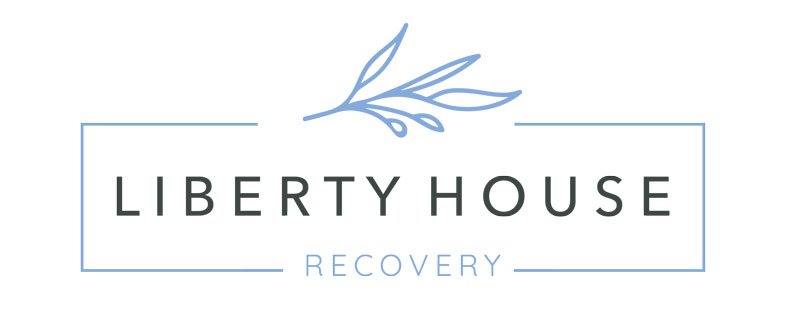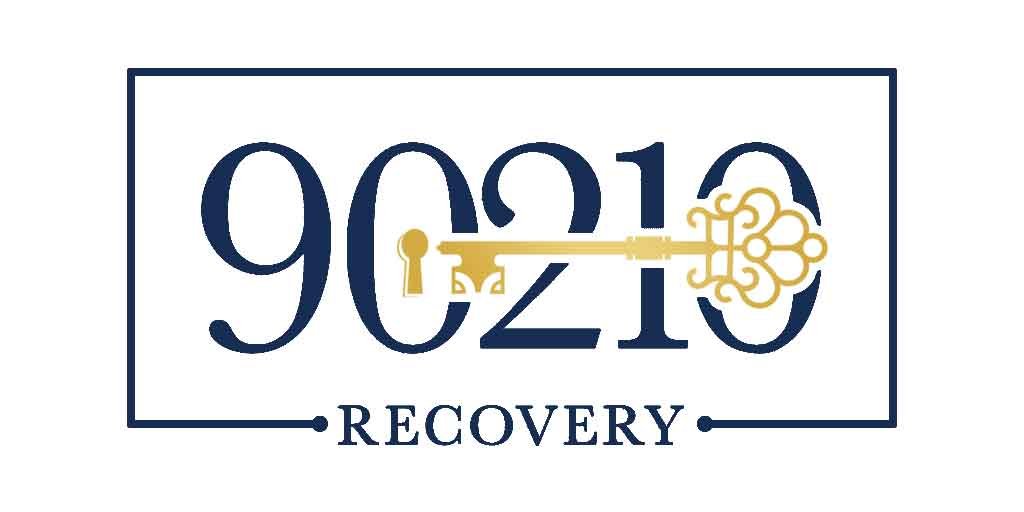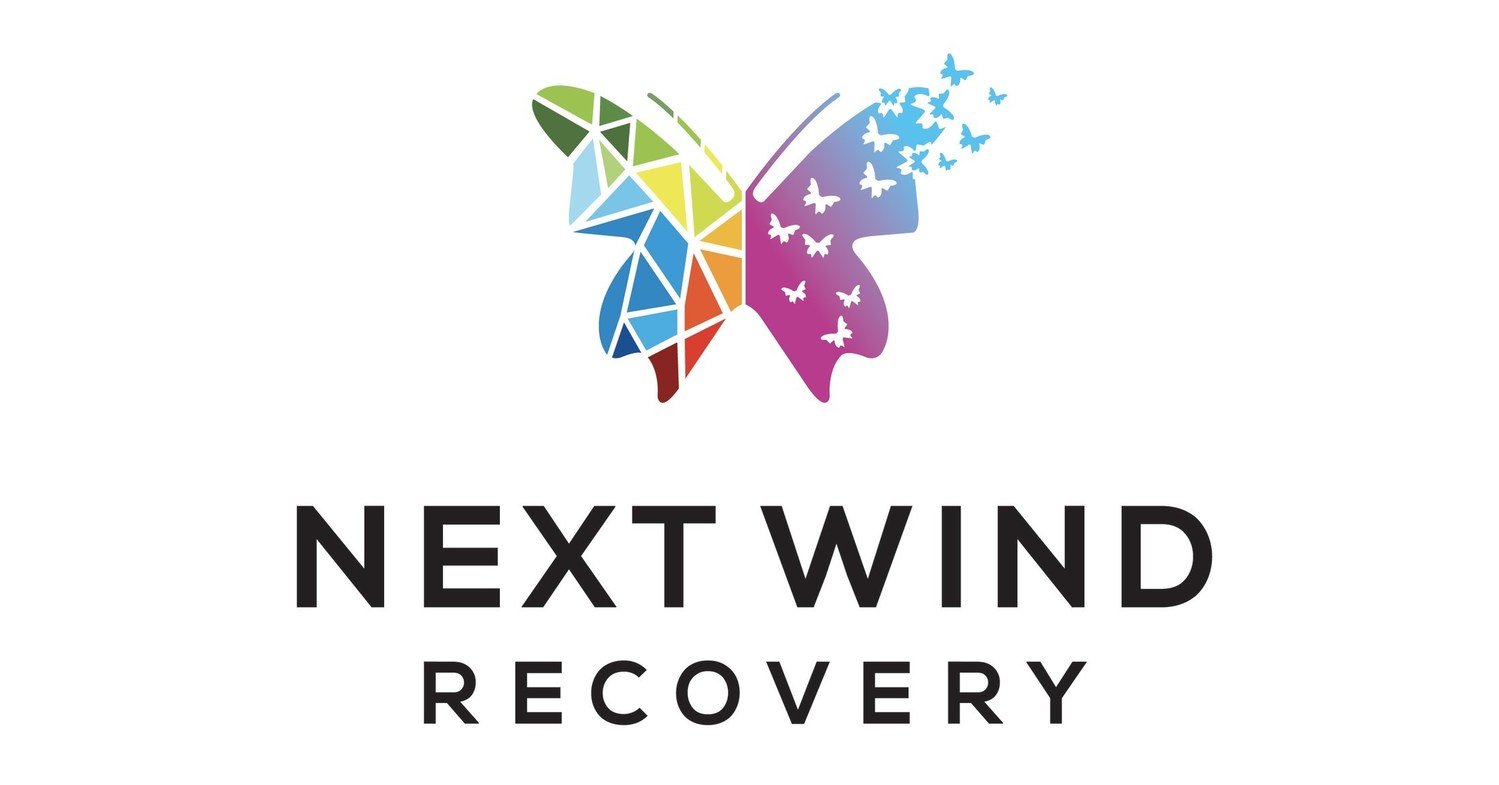Why Rehabs Are Recession-Proof Investments
Looking for a more predictable investment? Look no further.
(Külli Kittus/Unsplash)
The demand for substance use disorder and mental illness treatment has risen in the United States. Experts believe revenue growth for the mental health and substance abuse centers industry will increase between 2022-2027, presenting profitable opportunities for providers of treatment services. But will a possible recession impact these predictions? Can rehab centers act as recession-proof investments? Learn more about how to open a rehab center and how the economic climate might affect your investment.
The Problem of Addiction in the United States
Substance abuse has always been an issue in the U.S, but, unfortunately, the problem is getting worse:
Drug overdose deaths have increased threefold since 1990.
The sale of opioid painkillers has risen by 300 percent since 1999.
Alcohol and drug addiction now cost the U.S. economy more than $600 billion annually.
Source: Addiction Center
Researchers have noticed a rise in substance use and drug overdoses since the COVID-19 pandemic hit the U.S. As the pandemic progressed, it became a hurdle of a different kind for many people with a substance use disorder and those seeking treatment.
Provisional data from the Centers for Disease Control and Prevention (CDC) show that drug overdoses skyrocketed during the pandemic. More than 93,000 overdose deaths occurred in 2020—the highest number recorded in a 12-month period and an increase of nearly 30 percent from the previous year.
A potential economic downturn might also lead to more people using and becoming addicted to drugs, making rehabs recession-proof investments.
How Can Drug Rehab Centers Solve America's Addiction Problem?
Qualified drug counselors and healthcare teams can support someone with a substance abuse disorder on their road to recovery. At the best treatment centers, people have access to a wide range of therapies that help prevent them from relapsing in the future. These centers consider the psychological, physiological, and social aspects of drug abuse and provide tailored treatment services to those who walk through their doors.
Drug rehab centers offer the following services:
Withdrawal
Professionals can support someone who has become physically dependent on alcohol or drugs and help them manage physical and psychological withdrawal symptoms.
Therapy
Therapy and counseling services allow professionals to find the root cause of someone's substance abuse disorder and provide them with a support system. Popular treatments include behavioral therapy, family counseling, one-on-one counseling, and group sessions.
Medication-Assisted Treatment
Professionals can supplement counseling services with medication-assisted treatment, helping patients overcome withdrawal symptoms and sustain recovery outcomes.
How Profitable Are Rehab Centers?
Experts predict that the drug addiction treatment market will grow at a rate of 6.7 percent from 2020-2028. Profits will increase for many centers as they welcome more patients and charge higher prices for their services.
So, how much money do rehab centers make? Standard inpatient addiction treatment at a facility can cost between $14,000 to $27,000 for a 30-day stay. Rehab center owners receive fees for their services by charging patients, healthcare insurance companies, or both. As you can see, opening a facility can prove profitable, especially in an underserved market.
Most people don't open drug centers to generate large sums of money but rather to help patients with serious substance abuse problems. However, there's no denying that opening a facility that offers inpatient or outpatient treatment services can lead to big profits. Owners can also tap into additional revenue streams like virtual counseling.
Another reason rehab centers can be recession-proof investments is that owners often own the real estate that houses a facility. In states like California and New York, owning a rehab center can provide a safeguard in the event of a recession or other financial downturn. Property values might be enough to recoup losses if this business model fails.
Rehabs also prove lucrative because demand for substance abuse services far exceeds supply. Only 11 percent of substance abuse sufferers get treatment, meaning there are not enough rehab centers to help everyone in need. In 2018, 21 million people required drug recovery services, but only 3.7 million received help.
Now could be the perfect time to open up a center of your own and serve your local community.
Can Rehabs Be Recession-Proof Investments?
If a recession is on the horizon, many drug rehab facilities will likely withstand the economic fallout. That's because healthcare insurance companies continue expanding coverage for substance abuse treatment, allowing more people to access necessary services. Also, a financial crisis—and the resulting job losses and increased mental health problems—might trigger drug-using behaviors in some individuals and lead to more patients at treatment centers.
Any slump in profits because of the economic climate will likely be temporary for rehab centers. Patients will continue to need treatment for substance use and abuse disorders, and only rehab centers can provide these services.
Improve the Chances of Your Rehab Center Being a Success
Not all rehabs will prove to be recession-proof investments. After all, opening any new business is hard and comes with many challenges, regardless of the economic situation. One reason some facilities fail is the inability to properly market their services and attract new patients to their business.
Working with a full-service marketing and consulting agency specializing in recovery center marketing can help reduce the risks of starting a new business and increase your chances of success. Tried-and-tested digital marketing methods like SEO, website design, paid ads, content development, online public relations, reputation management, and radio and TV ads can increase the visibility of your facility and promote services to your target audience.
Final Word
America's drug problem is getting worse. However, rehab centers can provide people with the necessary support and help them on their road to recovery. Rehab centers could also prove to be lucrative business opportunities that act as recession-proof investments. Even if a recession happens, drug facilities will continue to serve patients who desperately need help.
Contact Drug Recovery Agency's addiction treatment consultants to learn how to open a rehab center and market your new facility in any economic landscape.









